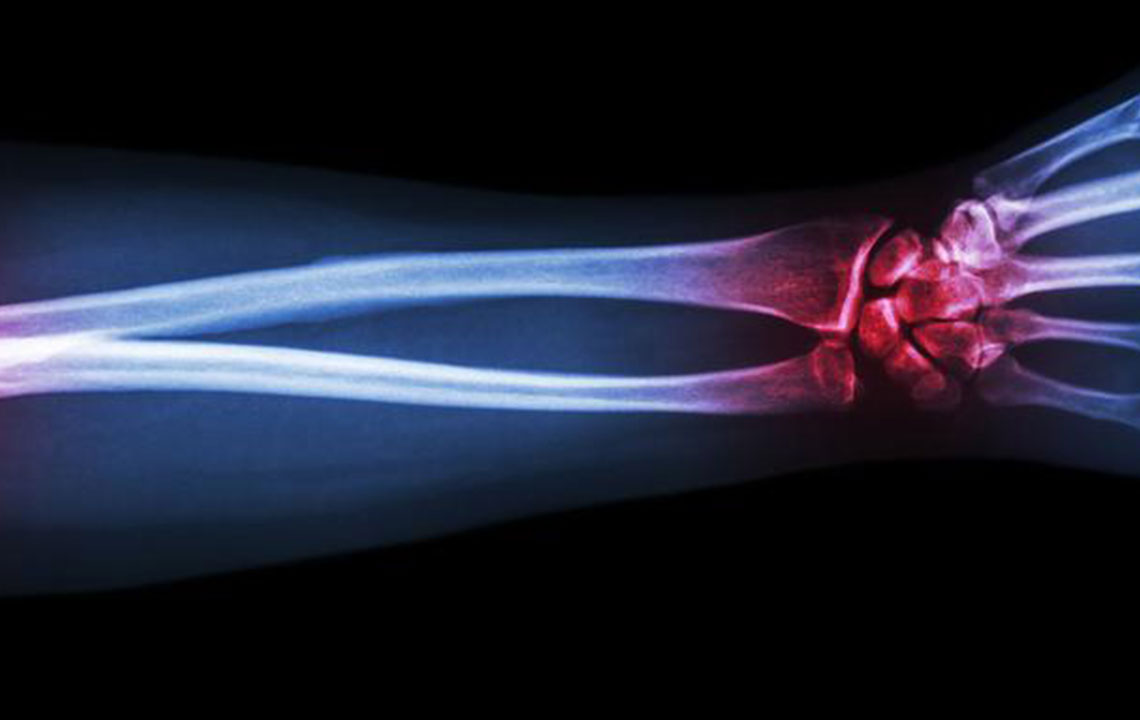Effective Treatments and Medications for Managing Joint Pain
Explore effective treatments for joint pain, including targeted cryotherapy, medications like NSAIDs and antidepressants, and surgical options. Learn how personalized care and professional guidance can help manage this common condition. This article emphasizes safe practices, potential side effects, and the importance of consulting healthcare professionals for optimal relief and treatment plans.

Effective Treatments and Medications for Managing Joint Pain
Joint discomfort is a widespread issue impacting daily activities. While arthritis is the primary cause, other factors such as sports injuries and stress can also contribute. Arthritis affects nearly 40 million Americans, making it a leading cause of joint pain. Not all cases require specialist treatment, but many do need tailored care. Various underlying conditions cause joint inflammation, necessitating personalized treatment plans. Proper diagnosis and professional guidance are essential for effective management of joint discomfort.
Targeted cryotherapy offers a method to reduce swelling and relieve joint pain by applying localized cold therapy directly to affected joints, without impacting the entire body. The treatment lasts a few minutes, with effects often noticeable immediately afterward. Typically, 3 or 4 sessions suffice. Additionally, over-the-counter medications are recommended for acute injuries. In severe cases, prescription drugs like NSAIDs, Cox-2 inhibitors such as celecoxib, or opioids are prescribed. For intense pain, antidepressants might also be used, but these should be taken cautiously due to potential side effects like gastrointestinal issues, bone loss, or addiction. Common medications include NSAIDs, Duloxetine (Cymbalta), Diacerein, and Capsaicin. When conservative treatments become ineffective and daily movements are hindered, surgery may be considered, although its benefits are sometimes debated and short-term.
Important Notice:
The information provided on symptoms, treatments, health issues, and side effects here is intended for educational use only. It should not substitute professional medical advice. Readers are advised to consult qualified healthcare providers for personalized diagnosis and treatment options. Use discretion and do not rely solely on this information for health decisions.










